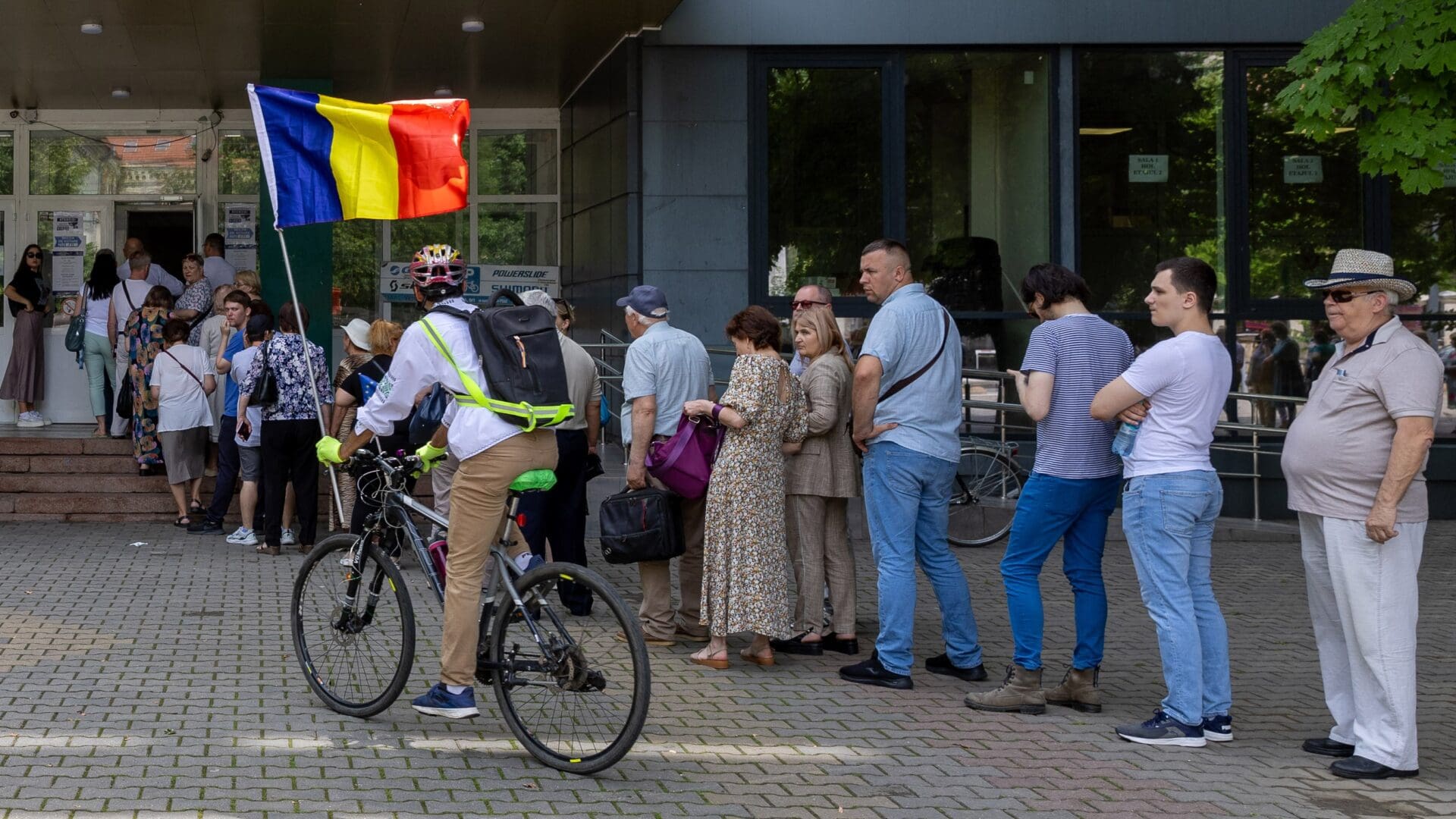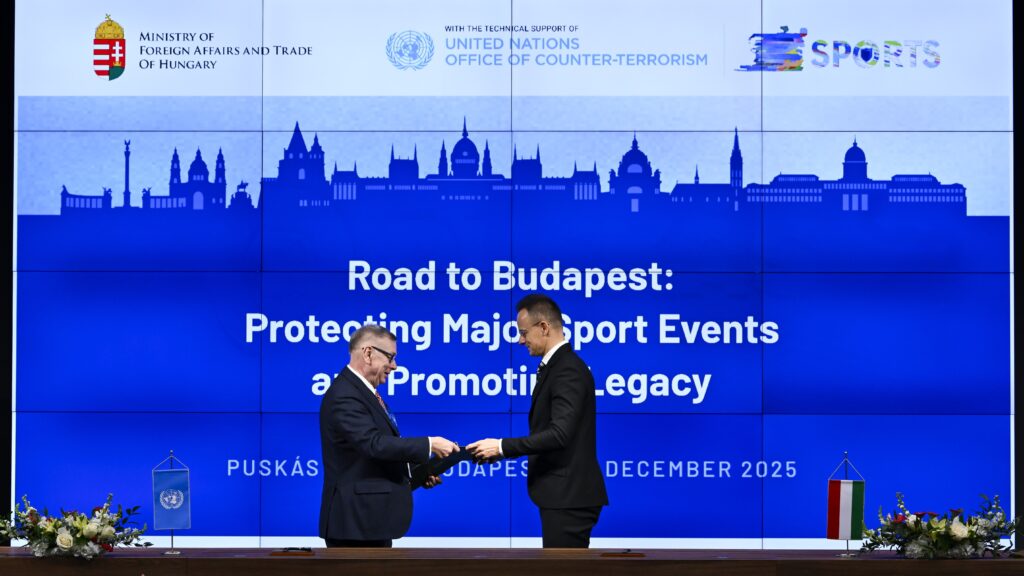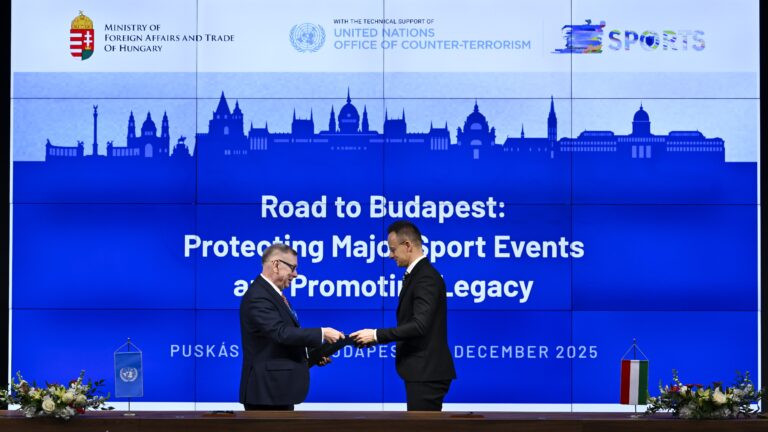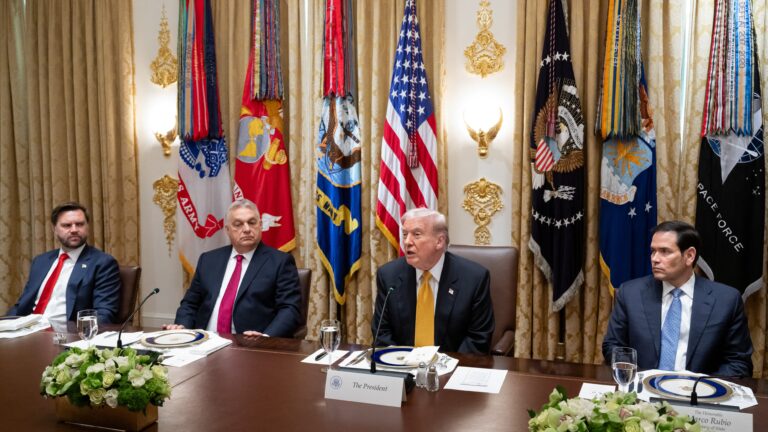According to the European Commission (EC), both Ukraine and Moldova have fulfilled the necessary conditions to start formal accession negotiations with the EU. The Russian aggression against Ukraine gave the integration of the two states a sense of urgency, so they were granted EU candidate status already at the beginning of the Russian–Ukrainian war in February 2022.
As is well known, the accession process usually takes an extremely long time, during which countries have to meet a series of legal, political, and economic requirements and implement specific reforms to become Member States or to reach the following levels of accession negotiations. Last week, a spokesperson of the EC confirmed that Ukraine has implemented outstanding reforms ranging from stifling oligarchs and corruption to the protection of the rights of national minorities, while judicial reforms are being implemented in Moldova. In practice, this means that negotiations could begin soon, however, according to press reports, the Hungarian government is for now blocking the launch of the process.
This is bad news for Ukraine and Moldova because member countries must unanimously approve the framework for negotiations
and lay down the principles along which Brussels can start the accession negotiations with Kyiv and Chișinău. The Hungarian government raised several objections against Ukraine’s accession to the EU already last December, when the EC decided that talks could begin with both countries if the reforms to be implemented by them were determined. Orbán back then emphasized that the high level of corruption in Ukraine and the deficiencies in protecting the rights of Hungarians in Transcarpathia make it impossible to open accession negotiations with Ukraine for the time being.
Furthermore, as a counterargument to starting the negotiations, the Hungarian government has repeatedly highlighted the economic aspects of integration as well: the possible accession of Ukraine as a country at war, with a GDP per capita three times smaller than that of the EU’s smallest economy, Bulgaria, would extremely destabilize the EU budget. In practice, most Member States would become net contributors from net beneficiaries. According to recent estimates, Ukraine’s potential accession to the EU could impact the bloc’s seven-year budget by between €110 billion and €136 billion, which would represent 0.10–0.13 per cent of the EU’s GDP. This estimate excludes the enormous costs of reconstruction, which is put to at least €450 billion over the next decade, assuming Ukraine would eventually regain all the territories in the East that Russian troops have occupied.
Zelenskyy, to gain the goodwill of the Hungarian government, has enacted legal amendments broadening the rights of national minorities
regarding instruction in the mother tongue. In December last year, the Ukrainian president stressed that in doing so, his country has done everything expected from it in terms of implementing EU recommendations.
As Hungary will take over the rotating Presidency of the Council in July, several Member States are urging the start of accession negotiations before the end of June. In this context, 12 Member States have written a letter to Foreign Minister Hadja Lahbib, heading the current Belgian Presidency. Since the actual Presidency of the Council sets the agenda and ministerial meetings of the Council, some EU ministers are concerned that the start of accession talks during the Hungarian Presidency will be delayed unless Hungary comes round by the end of June.
In the letter, ministers explained that the rapid progress of the accession process of Kyiv and Chișinău would strengthen initiating further reforms and development in both countries. According to reports, the letter was drafted by the Czech Republic and joined by Sweden, Estonia, Finland, Portugal, Latvia, Poland, Lithuania, Germany, Slovenia, Romania and Slovenia. Although France did not officially sign it, the French government (which has since become an acting one as Emmanuel Macron dissolved the French parliament) stressed that they would do their utmost so that the first consultation on the start of accession negotiations could be organized before the end of June, which was highlighted by the 12 Member States as well. The EU should provide tangible benefits to the respective candidate countries to ensure the credibility of the accession process, the signatories said in their letter.
A turnabout in the Hungarian stance seems unlikely at the moment. The Hungarian government has consistently vetoed further military assistance to Ukraine as well, and will most probably not change course regarding Ukrainian accession to the EU either under the Hungarian rotating presidency.
EU leaders, such as President of the European Council Charles Michel, argue in favour of speeding up accession processes to enlarge the EU by the end of the decade and strengthen it geopolitically towards the East. However, realizing this objective depends on many further developments, such as whether starting accession negotiations with Ukraine and Moldova is realistic in the current situation.
Related articles:







